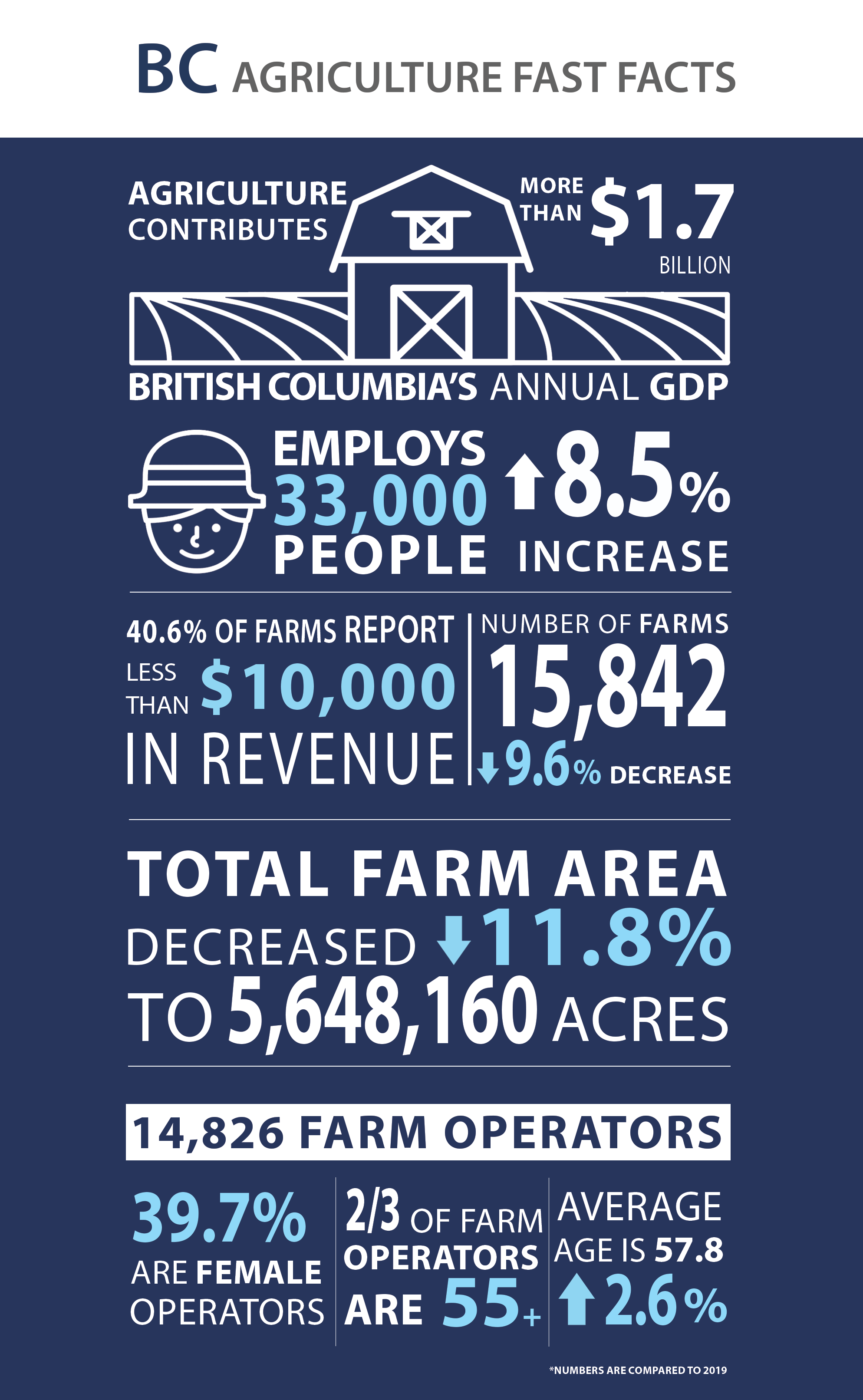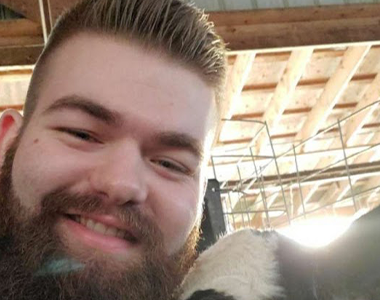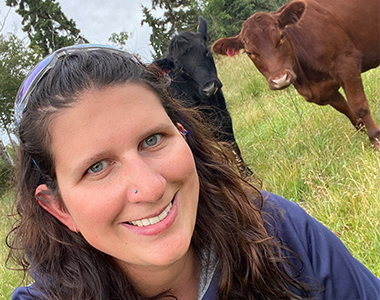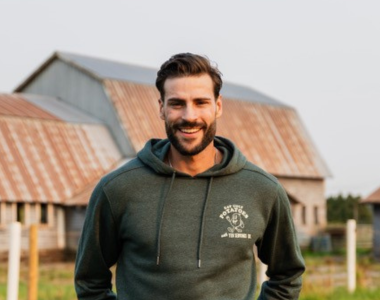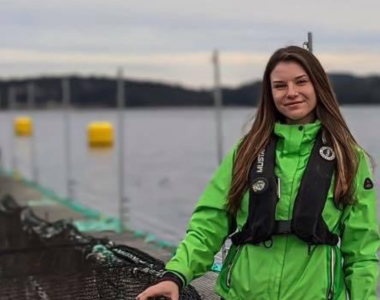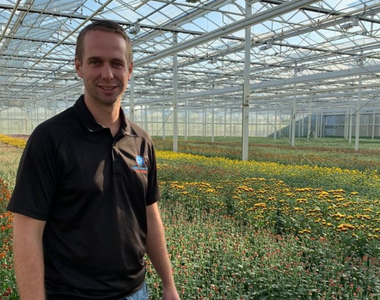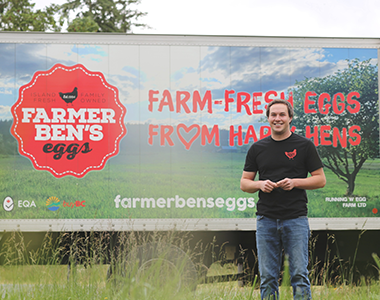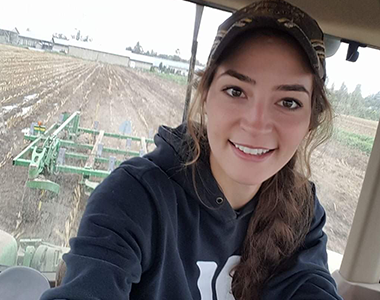BC Sheep Farmer
John and Lorraine are the hard-working owners of Parry Bay Sheep Farm, located near Victoria, BC. Although they have been operating Parry Bay Sheep Farm since 1979, they didn’t come from a farming background and are proud first-generation farmers. Together, John and Lorraine run the day-to-day management of the farm with the help of their five children (when they aren’t at their full-time jobs) and their loyal employees.
Each year on the farm, they have 300 sheep producing about 600 lambs, and also raise 1,200 roasting chickens. In addition, they run an abattoir and farm store and have extensive relationships with local restaurants and shops to supply safe, high quality meat to the community.
Read our interview with John and Lorraine below.
WHL: Can you tell us about your commitment to local food?
John and Lorraine: It is important for everybody to have a local source of safe food. Our goal is to keep our products as affordable as possible while still generating enough income to sustain the business. In addition to selling at our farm store and farmers markets, we are proud to supply our meat to a variety of local restaurants and butcher shops.
We also work cooperatively with a local pork and lamb producer, sharing equipment, ideas and employees. As well, we partner with an organic vegetable farm to provide an add-on meat option for their CSA (Community Supported Agriculture).
WHL: What actions do you take to care for your animals?
John and Lorraine: We choose to farm because we like raising sheep and feel responsible for their well being. They deserve a good life. We care deeply about the health and welfare of our animals and it’s a 24/7 job.
They graze primarily, spending most of the year rotating through various pastures on our farm. We bring them into the barn around mid-December, to shear them and start feeding them supplemental grain and hay, which they require later in their pregnancy. We feed the sheep in an outdoor area, so they get daily outside-time and exercise during the winter period.
During lambing season, we check the ewes every two hours, night and day. We check all the fields with young lambs and their mothers daily. We also consult regularly with a veterinarian, a nutritionist and other experts who make suggestions regarding nutritional or mineral supplements based on tests of the feed.
WHL: Why is the abattoir an important part of your business?
John and Lorraine: One big advantage we have with regard to animal care, is that we operate the provincially inspected abattoir where our lambs are processed. We are able to process our animals in a timely fashion, which makes it easier to keep a supply of meat available for the local community.
The abattoir is a short distance from our farm, which reduces transportation stress for the animals. Our same employees that look after the day to day feeding and health of the sheep are present at the end of their lives, which also helps to keep them calm.
WHL: How do you foster a sense of community with your on-farm employees?
John and Lorraine: Some of our employees have worked on the farm for many years and feel very much a part of it; it is not just a job they go to. They are a real team. We follow the WorkSafe BC rules and suggestions and have monthly safety meetings where we encourage our employees to point out any potential safety problems they have noticed. Our employees also take safety training through AgSafe BC as well as courses in humane animal handling practice.
Many past employees have been summer students helping with haying – this has been a rite of passage for many Metchosinites over the years. Two of these students have become vets, and in fact, our current vet spent many summers on our farm slinging hay bales and trimming sheep’s feet while going to university.
Together, we feel a strong responsibility to continue farming in our area in order to keep it for future generations. We hope that our farm will be financially viable enough to make it possible for some young person to carry it on after we retire.




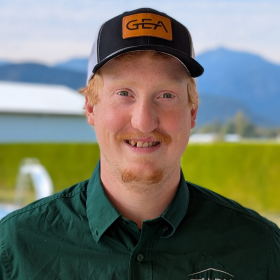
 MEMBER
MEMBER